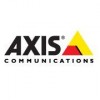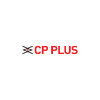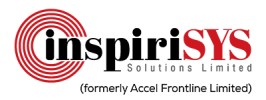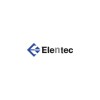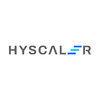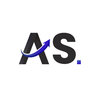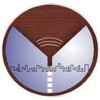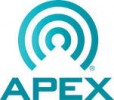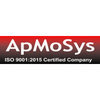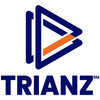40 Vehant Technologies Jobs

Technical Writer
Vehant Technologies
posted 15d ago
Job Role Insights
Flexible timing
Key skills for the job
Job Description
- Research, gather, and understand technical information from various sources, including interviews with subject matter experts, product specifications, and software documentation.
- Create clear, accurate, and comprehensive technical documents, including user manuals, installation guides, release notes, API documentation, and troubleshooting guides.
- Use appropriate tools and templates for documentation, such as Microsoft Word, Adobe FrameMaker, or specialized documentation software.
Content Organization:
- Structure and organize documentation logically, ensuring that information is easily accessible and searchable.
- Develop table of contents, indexes, and glossaries to aid users in finding relevant information.
- Maintain version control and update documentation as necessary to reflect changes and improvements.
Audience Understanding:
- Identify and understand the needs and knowledge level of the target audience.
- Write documentation that is tailored to the intended audience, whether it s end-users, developers, or system administrators.
Visual Elements:
- Incorporate visual aids, such as diagrams, screenshots, and videos, to enhance understanding and user engagement.
- Ensure visual elements are consistent with the text and follow company branding guidelines.
Quality Assurance:
- Review and edit documentation for clarity, accuracy, and completeness.
- Perform usability testing and gather feedback from users to improve documentation.
Collaboration:
- Collaborate with cross-functional teams, including developers, product managers, and quality assurance testers, to gather information and clarify technical concepts.
- Attend meetings and workshops to stay updated on project developments and changes.
Documentation Tools:
- Proficiently use documentation tools and software, such as version control systems (e.g., Git), content management systems, and publishing tools.
Compliance and Standards:
- Ensure that documentation complies with industry standards, regulatory requirements, and company guidelines.
Minimum Education, Experience and Qualifications::
Bachelor s degree in a relevant field (e.g., English, Technical Communication, Computer Science) or equivalent work experience. Strong writing, editing, and proofreading skills. Proficiency with documentation tools and software. Knowledge of technical subjects and the ability to quickly grasp complex technical concepts. Attention to detail and a commitment to producing high-quality documentation. Strong communication and interpersonal skills for collaboration with cross-functional teams. Familiarity with the Agile development process is often a plus. Knowledge of document formatting and publishing best practices.
Employment Type: Full Time, Permanent
Read full job descriptionPrepare for Technical Writer roles with real interview advice
What people at Vehant Technologies are saying
Technical Writer salary at Vehant Technologies
reported by
1
employee

₹8.2
L/yr - ₹10.5
L/yr
28%
more
than the average Technical Writer Salary in India
View more details
What Vehant Technologies employees are saying about work life
based on 104 employees
Flexible timing
Monday to Friday
Within country
Day Shift
Similar Jobs for you
Share an Interview






